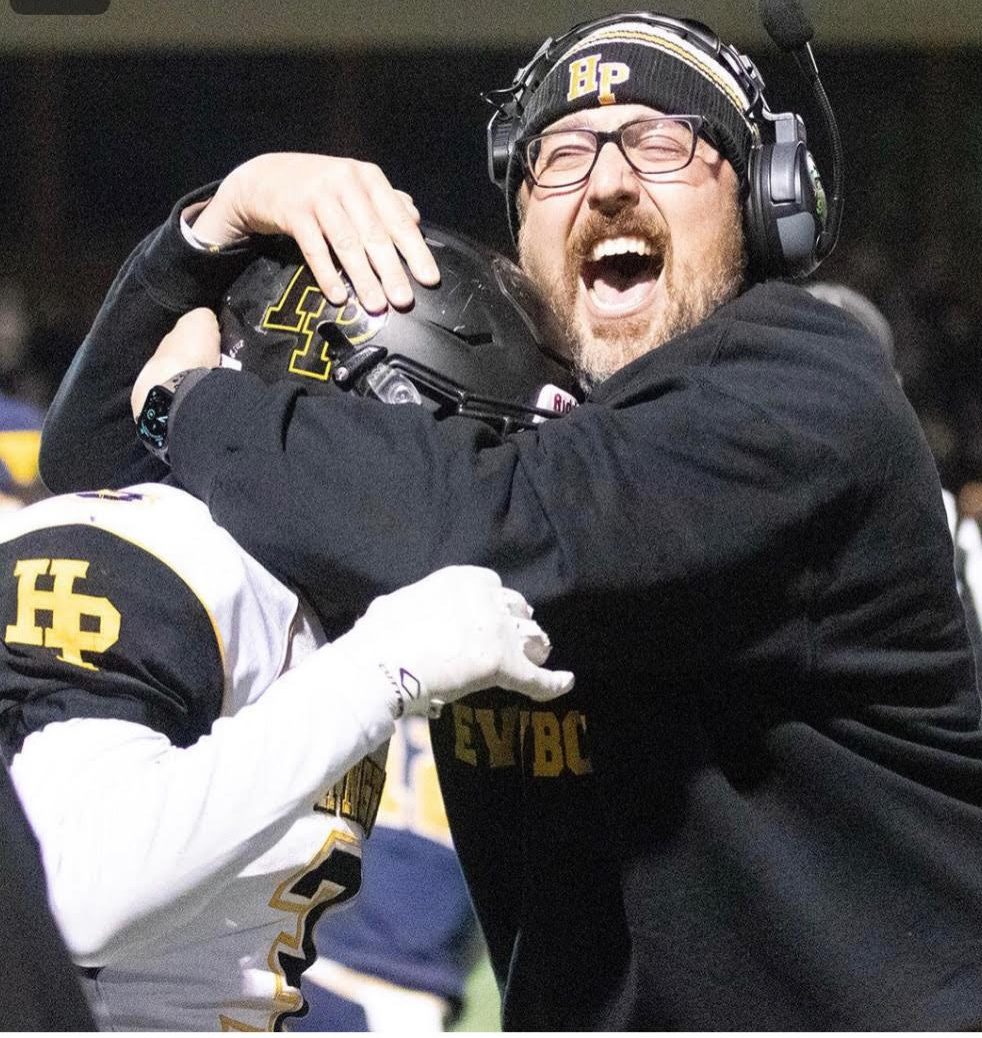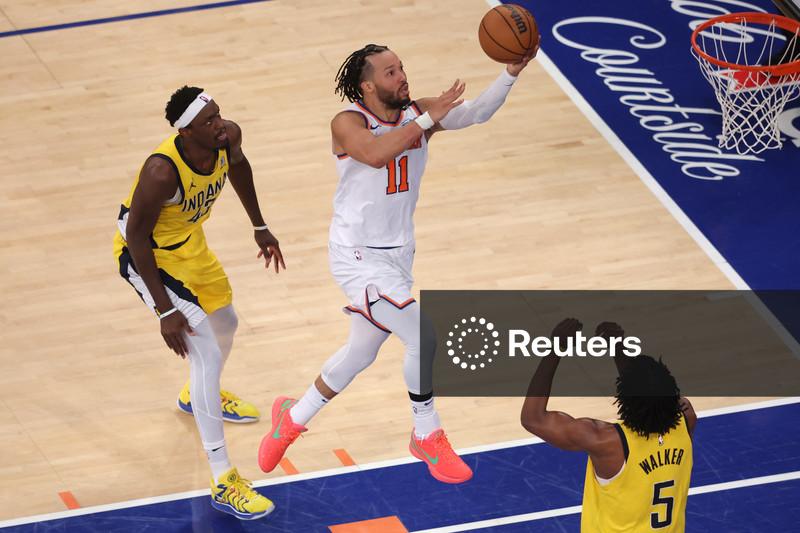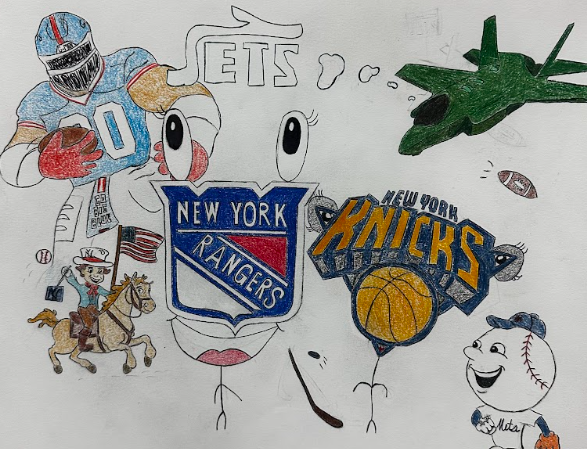As colleges discuss banning players from using their online accounts, the penalties behind their possible mistakes need to make a larger impact
By Kirk Geller ’16
In a world dominated by technology and social media, one poorly conceived Tweet, Insta or Snap can be misinterpreted and damage the careers of the most powerful athlete in any given sport. Despite what some might be led to believe, communication on these kinds of social media is not protected under the First Amendment as a right, and players can be penalized for any action taken out through their social media accounts.
Some coaches have tried to ban their players from using their accounts in order to protect them from their own self. Athletes from major universities such as Clemson and Florida State have been banned from using any form of social media in-season for the past few years.
While some schools choose this path in order to keep their players safe, it is not the popular choice for most schools or journalists. Jeff Long, chairman of the college football playoff committee and current athletic director at the university of Arkansas, tweeted that he doesn’t agree with banning players from using social media.
“I don’t believe in this approach. College is [just] about Ed [education] & preparing young people for life, social media is here to stay,” Long said.
Long isn’t the only college administrator that has attempted to take action against social media bans. University of Washington head football coach Chris Petersen began to suspend his players from using their accounts when he coached at Boise State, but removed this action when he was hired at Washington, saying that social media is just “part of the way we live now.”
The actions of coaches at the collegiate level have some people wondering if banning students as early as high school would help them remained focused also. Some athletes may feel the need to comment or post their opinion, which could lead to different types of punishments if not taken correctly. Still, with the young age of these players, it may not be the coach’s responsibility.
“I, as a coach, don’t have the right to try and ban my players from using their social media accounts,” Coach Mondadori-Llauget said. “In my eyes, at their age it is still the parents’ responsibility to monitor their kids, not mine.”
Many parents try to keep tabs on their kids accounts by joining the social media sites themselves, but, with their daily responsibilities, they can easily lose track. With no one watching every move they make on social media, teenagers can make decisions that will hurt them in the future. Athletes such as Clay Matthews, Stephanie Rice and Larry Johnson have all had their careers affected by their acts regarding social media.
Matthews was discovered to be apart of creating a Facebook page called “White Nation.” The page was an inside joke between some players on the team and assistant coach at USC Todd McNair, who is African-American. The main issue was that Matthews posted a photo of an African-American child in handcuffs. While no punishments were handed out and the controversy has since been settled, the present issue possibly hurt Matthews when he entered the NFL draft and became an undrafted free agent, even though he has enjoyed a highly successful career at Green Bay.
Rice and Johnson’s issues revolved around homosexual slurs and hurtful comments. Rice, a successful Olympian, was criticized for her comments and became a hateful figure in the eyes of her fans. Johnson’s career was negatively impacted in a great way. He also posted critical comments about his head coach at the time.
The main problem in our community today is that many professional athletes make comments on their accounts that they are not penalized for. Officials just let it go for many reasons, whether it be the popularity of the athlete or because they want to avoid any controversy that could result from enforcing penalties on the player.
Anthony DiMoro of Forbes conducted a study in July that discovered one fifth of internet users in the United States were expected to have Twitter accounts by the end of 2015. This projection would increase the amount of Twitter users from 15.2 percent in 2012, and is projected to increase to 24.2 percent by 2018.
DiMoro took a poll on Twitter to further his research, asking casual sports fans whether or not a player’s actions on Twitter would affect how the fan viewed not only the player, but the team itself. His poll found that some people would automatically turn away from the team because of the respect they would lose for the player.
Others said it would depend on the nature of the tweet, comparing a comment about major topics such as racism, crime or politics to a player’s response.
Interacting with fans on any topic is a major part of what players do on social media.
A good amount of fans said that they set the bar low for player’s actions on social media, hoping that whatever the athlete tweets is only an improvement on how they view the player as an individual.


